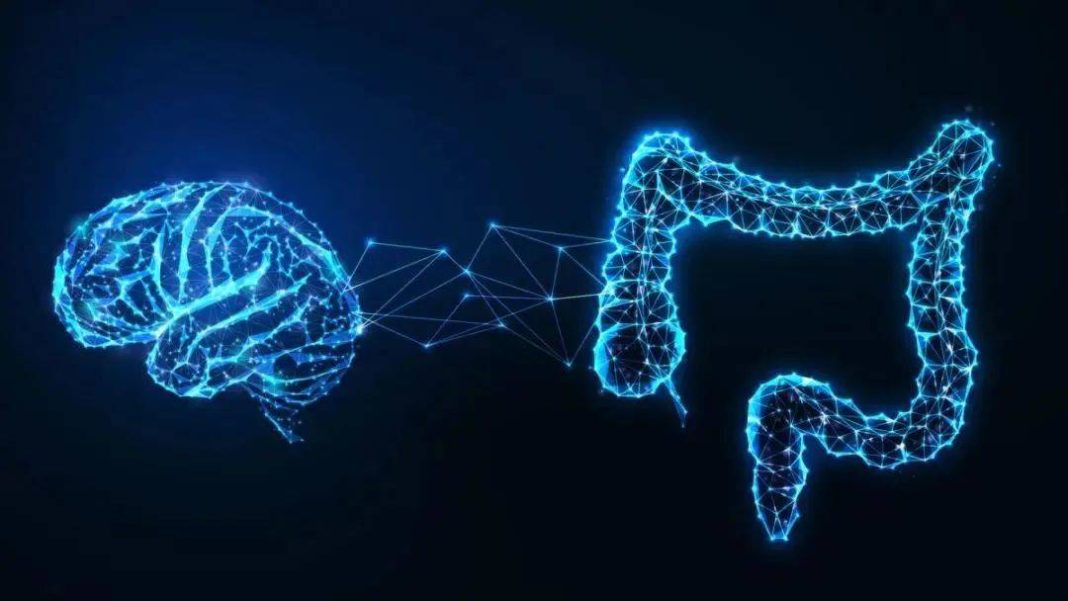Autism is a neurodevelopmental disorder characterized by social and communication impairments and repetitive behaviors. Currently, the incidence of autism in children in our country is about 7%, with a range of 2.3% to 2.76%, showing an increasing trend year by year.
As early as the 1960s, scientists discovered a link between gut bacteria composition and autism behavior. Children with autism usually have various dietary issues, being extremely sensitive to sensory stimuli such as taste, texture, and odor and being very selective in their eating habits. At the same time, gastrointestinal symptoms in autistic children are also significant.
From 2006 to 2010, the rate of diarrhea or colitis in autistic children aged 3 to 17 in the United States was seven times higher than in normal individuals. 61% of autistic children also have at least one gastrointestinal symptom, and all children with digestive issues have more severe emotional problems. Specifically, 25% of autistic children have diarrhea, 25% have constipation, and gastrointestinal inflammation affects their absorption of nutrients. Combined with common picky eating habits, their rate of malnutrition is also high.
The relationship between gut microbiota dysbiosis and autism
More and more studies have found that the gut and the central nervous system work together, with scholars referring to the complex connection between gut function and brain development as the “gut-brain axis.” The gut microbiota has been shown to be a key regulator of the “gut-brain axis,” with gut bacteria influencing our emotions, with some correlation to autism.
Healthy gut microbiota in (left image) and ASD (autism spectrum disorder) (right image)
The human brain and gut are closely connected, often referred to as the “gut-brain axis.” While the human brain has around 86 billion neurons, the gut has approximately 500 million neurons, making it the “second brain.” Over 80% of toxins in the body are eliminated through the gut. The gut also secretes more than 30 neurotransmitters, including 95% of serotonin, which greatly helps prevent depression. This bidirectional interaction between the “gut-brain axis” involves the transmission of signals through nerves, hormones, immune responses, and other connections.
Research indicates that dysbiosis of gut microbiota may be related to the occurrence and development of autism, presenting dysfunction of the “brain-gut” axis as a potential mechanism in autism pathophysiology.
Gut Microbiota Transplant Therapy for Autism
Gut microbiota transplant refers to transplanting functional gut bacteria from healthy individuals’ feces into the patient’s intestines, reshaping a new gut microbiota to treat diseases both within and outside the intestines.
In recent years, numerous domestic and international studies suggest that gut microbiota transplantation may have a specific therapeutic effect on autism and is considered a complementary alternative therapy for autism intervention. In the 2022 “Expert Consensus on Clinical Application Management of Fecal Microbiota Transplantation,” treatment for childhood autism is listed as an indication.
Since the successful application of gut microbiota transplant therapy for the first autism patient in 2015 at the PLA General Hospital, multiple medical institutions nationwide have started clinical research on FMT (fecal microbiota transplantation) for ASD treatment. Over 100 cases of ASD children at Peking Union Medical College Hospital have shown significant improvements under FMT treatment, with an improvement rate close to 80%, and some young patients have achieved clinical remission.
Literature references:
– In August 2023, research from Peking University School of Basic Medical Sciences indicated that gut microbiota may indirectly affect ASD development through their metabolites, impacting the development of ASD through four potential pathways: accumulation of phenol and p-cresol inducing dopamine accumulation, damage to the midbrain dopamine reward circuit, mitochondrial dysfunction, prefrontal cortical neuroinflammation, and dysbiosis of gut microbiota. Therefore, fecal transplant therapy can reduce phenolic substance levels in the body and improve ASD symptoms.
– A report by Microbiome in 2018 stated that a restricted diet (without gluten and casein) combined with lactulose oligosaccharides can alleviate autism symptoms. Dietary interventions alone cannot improve these symptoms, while combined interventions are more likely to improve the gut microbiota, metabolism, and psychological conditions of autistic children.
– The 2017 Annual Review of Neuroscience (ARN) discussed how gut microbiota regulates host behavior and brain gene expression. Based on human experiments, it evaluated the evidence of the association between gut microbiota dysbiosis and neurological disorders like autism.
Researchers at Arizona State University found that gut microbiota transplantation significantly alleviated autism-related symptoms in children with autism spectrum disorder (ASD) within two years. Participants in the study also improved their gut health, emphasizing the potential benefits that gut microbiota transplantation can provide for individuals affected by autism spectrum disorders. Many other studies have reported similar results. Therefore, in the treatment of children with autism, in addition to medical interventions, rehabilitation training, and medication, gut microbiota transplantation can be considered for better improvement in children with autism.


